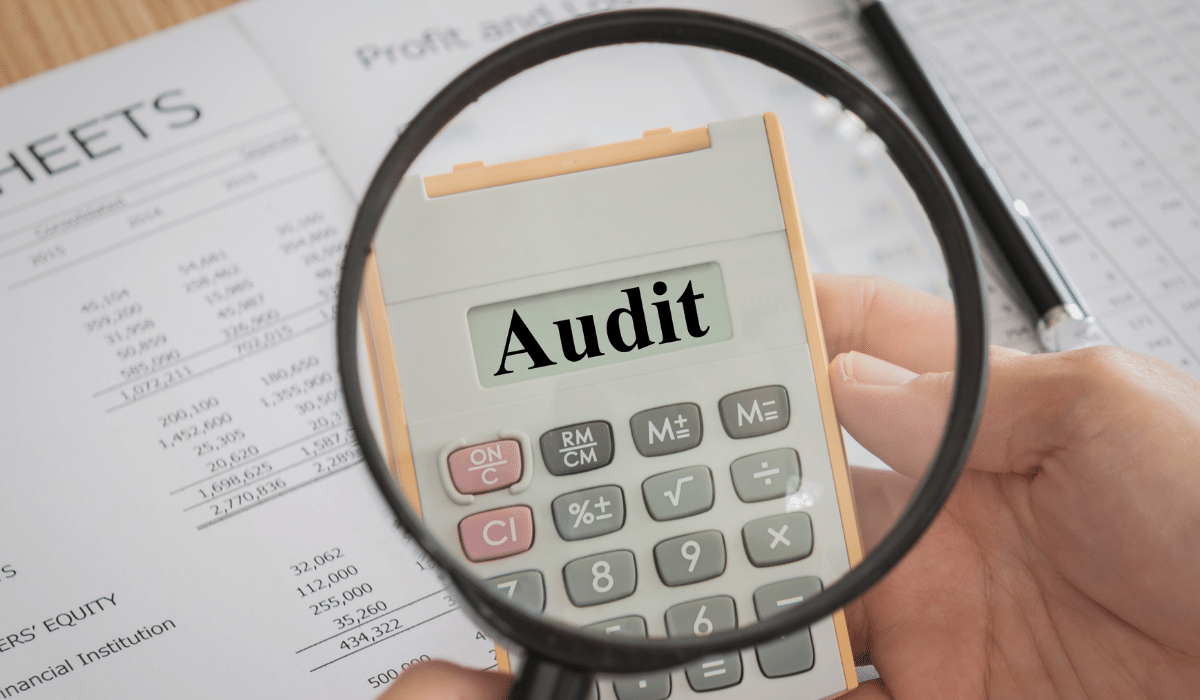- Auditing
- 2022-11-17
- Waseem
Is Auditing Mandatory In UAE?
What is Audit?
The purpose of an audit is to verify the accuracy of a company’s reported financial information. This is something that, at the end of each fiscal year, you should have checked and report through by a financial advisor or auditing firm each year.
Why is audit mandatory in UAE?
Some types of free zone organisations, such as free zone corporations and free zone establishments, are required to have their financials audited. However, most free zones may not require audit reports for local or international corporate branches. It goes without saying that accurate and complete accounting records and paperwork must be made available in order to close off the audit. Business records in the United Arab Emirates must be kept for a minimum of five years. All mainland businesses are required by law to have their books audited annually in accordance with the Commercial Companies Law. The audit report is required by law, but many businesses still don’t submit one because the legislation isn’t strictly enforced. While it’s true that some free zones, notably those in the northern emirates, don’t require audited accounts to be submitted for certain companies, it’s important to keep in mind that this waiver is only for the submission of the audit report to the authorities, and that the preparation of an audit report for the entity itself must still be taken into account. In light of the impending VAT in 2018, it will become increasingly vital for practically all types of organisations in the UAE to keep accurate books. Typically, companies have between three and six months following the end of their financial year or term to prepare the audit report and submit it to the general assembly. The management can gain insight into the company’s performance and areas that need additional attention thanks to accurate and regularly audited financial records.
The Article 27 of Chapter 2 of the new UAE Commercial Companies Law, Federal Law No. 2 of 2015, mandates that all businesses have their financial records audited by a certified public accountant who is also registered with the UAE Ministry of Economy. Unfortunately, not all businesses are that conscientious. There are a few common scenarios in which SMEs have their financial records audited.
What are the different kinds of audits that can be conducted in the UAE?
If you operate a business in Dubai, you should have an auditing agency in Dubai check your financial books once a year to make sure everything is in order. Auditors in Dubai investigate a business’s books, IT, and internal controls to ensure they’re in order. In-house auditors perform some audits, while Dubai-based firm or auditing service in Dubai handle others. In addition to tax audits, the Federal Tax Authority also conducts audits of other types.
1) Internal Auditing:-This type of audit is conducted by firms to see where they can enhance their internal controls, operational efficiency, or regulatory compliance. Though some companies may have auditing skills in-house, many prefer to work with one of Dubai’s best internal auditing firms. An internal audit can verify whether or not a company is practising good risk management and whether or not it is following global and regional best practises. Owners of businesses frequently conduct internal audits to ensure conformance with all relevant requirements, as well as to analyse and verify financial data, evaluate risk management policies and procedures, and investigate operational operations.
2) External Auditing:-It is wise to have an external auditor undertake an audit to make sure the company’s financial records are free of material misrepresentation. When conducting an external audit in Dubai, auditors examine books and records of transactions and balances and may double check specific aspects of the financial statements with third parties such as banks, customers, and suppliers. At the end of the audit, the auditing firms in the UAE will deliver an audit report. Lenders, creditors, shareholders, and investors all look to the audit opinion for information about a company’s financial health. All of Dubai’s free zones now need annual audits from its tenants. Businesses on the mainland are voluntarily conducting audits in the meantime.
3) Forensic auditing:- It is becoming increasingly important since the prevalence of corporate fraud necessitates more in-depth investigations of possible financial wrongdoing. Forensic auditing firms in Dubai monitor and investigate instances of financial wrongdoing, fraud, and business disputes. In the United Arab Emirates, filing a police report is not possible without first receiving approval from an auditor. During the audit, the root causes of problems with operations, such as accounting errors, allegations of employee fraud, declining income, and increasing expenditures, are determined. Forensic audits cover an expansive variety of investigation activities, such as those pertaining to fraud, embezzlement, and other forms of financial malfeasance. Forensic auditors may also look into bankruptcies, defunct companies, and other legal disputes. A forensic audit is carried out when there is a possibility that the evidence gathered can be used in court.
4) Audited of sales:- Businesses with retail locations in UAE shopping malls are required by law to submit an audited Statement of Gross Turnover to the appropriate authorities. In accordance with the Lease Agreement, you must do so. The lease will specify what costs are considered part of “gross sales,” which may or may not include commissions. To ensure that the tenant is abiding by the lease’s terms and to evaluate the sales collecting process, an audit of sales is conducted. This ensures the landlord that the company’s reported income is correct.
5) Tax auditing:- These are reviews of a company’s financial records and other pertinent information and data to ascertain conformity with UAE tax legislation and are done by the Federal Tax Authority in line with the Tax Procedures Law (Federal Decree-Law no. 7). The FTA performs tax audits of taxable firms as part of its mission to execute the UAE VAT Law and the Tax Procedures Law.
Conclusion:- Reading this blog post will help you learn about auditing firm and services in Dubai, as well as auditing regulations and providers like Risiansaccounting, who are accessible for all of your accounting and tax preparation needs.




















